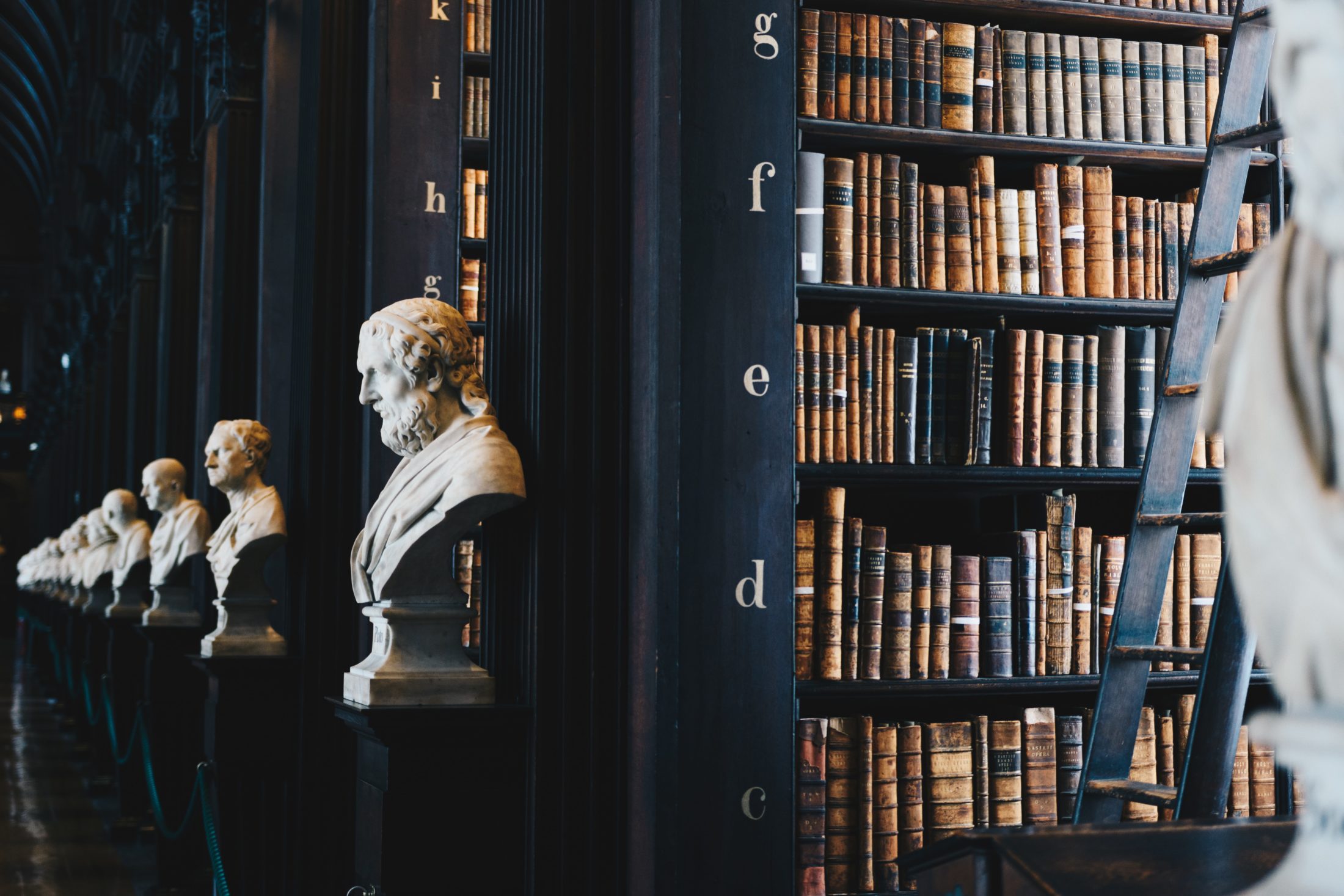EM Law | Commercial Lawyers in Central London

Intellectual property rights infringement solicitors
In general terms, intellectual property rights infringement is any breach of intellectual property rights. Intellectual property rights are infringed when a work protected by intellectual property laws is used, copied or otherwise exploited without having the proper permission from the person who owns those rights.
The Copyright Designs and Patents Act 1988 (CDPA) outlines two different classes of infringing act – acts of primary infringement and acts of secondary infringement. Acts of primary infringement are “strict liability” offences, meaning that no knowledge or intention is required to be shown on the part of the defendant to establish liability. Acts of secondary infringement require the defendant to have had certain specified knowledge, or reasonable grounds for having such knowledge, at the time of the offence.
Acts of primary infringement of intellectual property rights
If a person does any of the following acts in the UK without the consent or licence of the copyright owner, he is committing a primary act of copyright infringement. Such acts include:
- Copying a copyright work.
- Issuing copies of the copyright work to the public.
- Renting or lending the copyright work to the public.
- Performing, showing or playing a copyright work in public.
- Communicating the copyright work to the public.
- Making an adaptation of a copyright work or doing any of the acts listed above in relation to an adaptation.
Acts of secondary infringement of intellectual property rights
Doing any of the following in relation to an article which is an infringing copy constitutes an act of secondary infringement if you have knowledge or reason to believe that the article is an infringing copy:
- Importing it into the UK, other than for the importer’s private and domestic use.
- In the course of business, possessing, exhibiting in public, or distributing it.
- Selling, letting for hire, or offering or exposing it for sale or hire.
- Distributing it, other than in the course of business, to such an extent as to prejudicially affect the copyright owner.
Doing any of the following acts in relation to an article specifically designed or adapted for making copies of a copyright work also constitutes an act of secondary infringement if you have knowledge or reason to believe that the article is to be used to make infringing copies:
- Making such article.
- Importing such as article into the UK.
- Possessing it in the course of a business.
- Selling, letting for hire, or offering or exposing it for sale or hire.
Other acts of secondary infringement of intellectual property rights include transmitting a copyright work via a telecommunications system, giving permission for use of a place of public entertainment for a performance which has infringed copyright in a literary, dramatic or musical work or supplying a copy of a sound recording or a film which has been used to perform, play or show a copyright work in public so as to infringe copyright. Again, you must have knowledge or reason to believe that the article is an infringing copy.
Remedies
The owner of the copyright has a number of remedies available to them in a case of intellectual property rights infringement. In practice, the most significant remedies are:
- Damages for the loss incurred due to the infringement.
- Account of profits.
- Interlocutory relief – including Norwich Pharmacal orders, search orders and freezing orders.
- An injunction prohibiting any further infringement.
- Order for the delivery up by the infringer of the infringing articles.
Defences
UK law contains a number of permitted acts which businesses may be able to rely on as a defence to intellectual property rights infringement. Such permitted acts include:
- Fair dealing – Fair dealing is when the use of the copyrighted work is fair and is not for the purpose of commercial gain. In such cases, sufficient acknowledgement to the creator must be made. The CDPA permits fair dealing with certain types of copyright work for the purposes of:
– Research and private study.
– Criticism or review.
– Reporting current events.
– Quotation.
– Parody, caricature, pastiche.
- Disability – A disabled person, or somebody acting on their behalf, can make a copy of a work if they make it in a format that helps them access the material. Educational establishments and charities are also allowed to make accessible copies of protected works on behalf of disabled people.
- Computer programs – It is not an infringement of copyright for a lawful user of a copy of a computer program to observe, study, adapt or test the functioning of the program, or make any back up copy if it is necessary for him to have that copy for the purposes of his lawful use.
- Making of temporary copies – Making a temporary copy which is transient or incidental may not infringe copyright. The temporary copy must also be i) an integral and essential part of a technological process ii) have the sole purpose of enabling a transmission of the work in a network between third parties by an intermediary or a lawful use of the work; and iii) have no independent economic significance. In addition, the statute states that this exception should only be applied in certain special cases which do not conflict with a normal exploitation of the work or other subject matter, and do not unreasonably prejudice the legitimate interests of the rights-holder.
For any questions you may have concerning infringement of intellectual property rights contact Sasha Bark-Jones.
